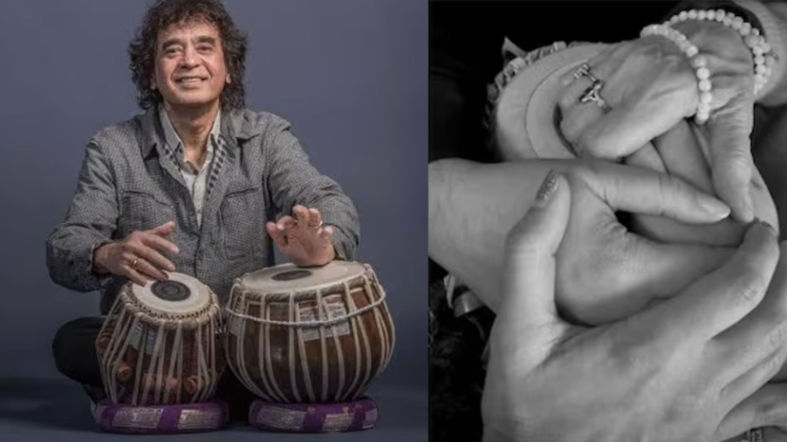In a world that functions by technology and electricity, living without modern amenities becomes unfathomable. Yet, Kurma, a unique village situated 60 kilometres away from Srikakulam city in Andhra Pradesh, defies such notion. Here, residents lead a life deeply rooted in tradition, completely disjoined from electricity, gas, and modern devices.
Life in Harmony with Tradition
Kurma‘s houses are called penkuttillu, meaning they are made of lime and mud, which is sustainable and eco-friendly. Each house has a hall, a puja room, a kitchen, and two bedrooms, all designed in traditional architecture. The kitchen has wood-fired stoves, and the bedrooms have mud cabinets for storing clothes and other things.
The flooring is a blend of mud and cow dung, strengthening the surface additionally while offering natural antibacterial property. The residents re- plaster walls weekly with a similar mixture, thus gaining durability and hygiene.
Subsidiary Sustainable Sanitation Practices
In Kurma, toilets are bio-toilets that consume ash for decomposition of wastes. This eco-friendly system produces fertiliser, exemplifying how sustainability is woven into the way of life in the village. An area for bathing further demonstrates their model for self-sufficient living.
A Community Steeped in Nature
Kurma village showcases the possibility of living a content life without modern technology. By embracing ancient methods, the villagers maintain a deep connection with nature and their cultural roots.
Kurma stands as a beacon for sustainable living, inspiring a harmonious lifestyle that respects tradition and preserves the environment.














